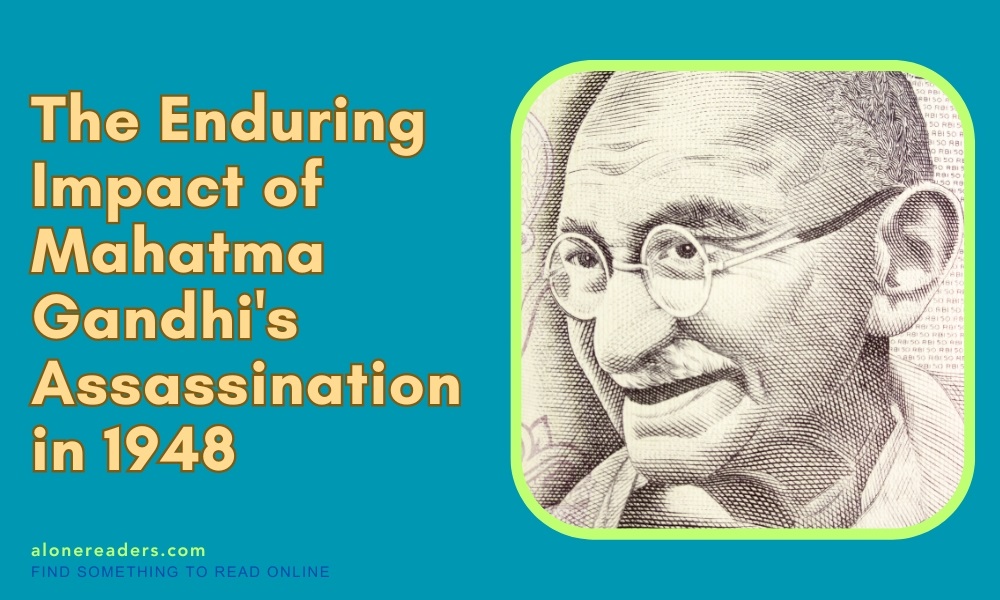
Mahatma Gandhi, often referred to as the Father of the Nation in India, was a pivotal figure in the 20th century, advocating for nonviolent resistance to oppression and injustice. His assassination on January 30, 1948, marked a profound moment of loss not only for India but for the entire world, fundamentally altering the discourse around nonviolence and freedom struggles globally.
Gandhi's philosophy of nonviolence, or Satyagraha, was not just a political tool but a comprehensive approach to life and conflict resolution. His beliefs were rooted in the principle that enduring change could only be achieved through peaceful means. This philosophy guided India to independence from British rule in 1947, through a campaign that emphasized dignity, unity, and non-violent protest.
The assassination of Mahatma Gandhi was carried out by Nathuram Godse, a Hindu nationalist who believed Gandhi was overly accommodating towards Muslims during the partition of India. The event took place in New Delhi during a prayer meeting in the compound of Birla House. Gandhi was 78 at the time of his death, having devoted his life to promoting peace and non-violence.
The immediate aftermath of Gandhi's death was marked by widespread shock and grief. Across India, millions mourned the loss of the leader who had steered them through the nonviolent struggle for freedom. His death highlighted the deep religious and cultural divides that had been exacerbated by the partition of India and Pakistan, underscoring the challenges that lay ahead in creating a unified nation.
Internationally, Gandhi's assassination echoed as a loss of a moral beacon. World leaders and citizens alike reflected on his teachings, contemplating the vacuum his absence created in moral leadership. His influence was evident in the civil rights movements across the world, notably inspiring figures like Martin Luther King Jr. and Nelson Mandela.
Analyzing Gandhi's legacy requires acknowledging how his strategies of nonviolence influenced global movements. His approach was not only a strategy for political struggle but also a blueprint for personal and communal living. This ethos of nonviolence has permeated global peace campaigns, making Gandhi a symbol of peaceful resistance against oppression.
The significance of Gandhi's assassination extends into how it was both a reflection of the intense political tension of the time and a catalyst for a continued commitment to nonviolence. His death caused introspection within India about the means to achieve social harmony and influenced global politics by reinforcing the power of nonviolent resistance. The event has been etched into global memory, continually serving as a poignant reminder of the costs of hatred and the enduring power of Gandhi's principles.
Gandhi's teachings on nonviolence have since been studied and implemented in various socio-political contexts worldwide, proving that his methods transcend cultural and national boundaries. Educational systems, policy frameworks, and international relations strategies still draw on his philosophies for guidance and inspiration.
As the world continues to face various forms of conflict and injustice, Gandhi’s principles remain relevant. His unwavering belief in nonviolence and his commitment to justice and equality continue to inspire new generations to strive for a peaceful and fair world. His life and death are not just historical events but ongoing lessons in the power of persistence, the importance of ethical governance, and the potential of nonviolent change.
Reflecting on Gandhi's assassination today, we are reminded of his quote, "An eye for an eye only ends up making the whole world blind." This message, emblematic of his life's work, calls on us to reject retaliation in favor of reconciliation, and violence in favor of peace. In remembering Gandhi, we celebrate not just his life but also his profound legacy, which continues to guide humanity towards a more harmonious existence.